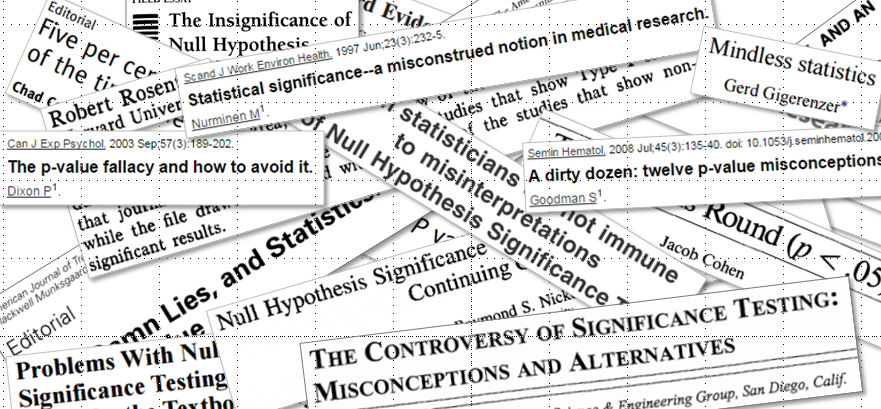I have been
doing a cognitive behavioral therapy (CBT) program for depression. In
yesterdays post I described the relaxation classes we had to do as part of the
program. Today I’d like to talk about the “activity planning” group.
The group
was based on the notion that actions, feelings and thoughts influence each
other. Therefore – we were told – we just had to get
doing (pleasurable!) stuff again in order to feel better and have more pleasant thoughts. We
were handed a list of over 200 potentially pleasurable activities and had to do
one such activity alone and one together with other people for each class. Each
such activity furthermore had to be rated on a 1 to 10 rating scale in the
dimensions “mood”, “drive” and “ease of mind” before, during and after the
respective activity.
While I
understand that it is important to get doing stuff – cos otherwise with absence
of or low drive you’d just lie in bed and eventually die of thirst (or lack
thereof) – I find that it is asked a bit much, that those activities should be perceived
as pleasurable. For me, it just made me feel even more like a loser, because I
couldn’t get any pleasure out of going for a walk, even though I tried. (“But
it’s nice out here… I just have to tell myself… It’s nice… Sun and wind and…. But
it sucks so much, why do I have to do this… I don’t have the energy, I’ll never
arrive at the other end of the street…. And how do I know if it’s nice, the
world is f*cked pretty much. It’s NOT nice. Climate change, and plastic in
water, air pollution…. Why do I have to walk here, it’s so exhausting…. And the
food we get here is wrapped all in plastic…. Which pollutes the seas….. But the
river is NICE…. I’ve to tell myself…… But I don’t want to lie, not to others
and not to me…… it’s not nice…. But maybe liars are the better people, at least
they make others happy and aren’t such failures….. I hate this.” And so on….).
But what’s
more important than that potentially nice activities didn’t seem to work for me
is how to group was lead: It was instructed by whichever nurse had duty that day
and they seemed to have very different opinions about what constitutes a pleasurable
activity (independent of the list). While some accepted everything others had
very specific ideas and would even get mad at you if you did an activity which
they didn’t find pleasurable, for example tidying up or learning something (as
an activity alone) or skyping and chatting or tweeting (as an activity with
others). In their mind you had to get a massage or take a bath or color in
something as a nice activity alone and an activity with others had to involve
more than virtual contact (going to the cinema or a cafe would do). Now, I don’t find tidying up that pleasurable either,
but at least something’s done afterwards, i.e. there’s less mess. If I’d get a
massage I wouldn’t enjoy it and my place would be just as messy afterwards, so
therefore nothing would be gained. Probably I’d feel guilty for spending the
money on something I didn’t even enjoy, and like a failure for not enjoying
something which should be enjoyed. Therefore I prefer tidying up – it has the
better consequences. However, as I said, not everybody shares that opinion and
while of course everybody is entitled to theirs I find it unhelpful decry the
activities of people who tried their best to do (and enjoy...) them anyways. But
of course not every nurse was like that, some didn’t really give a shit (so
that the group ended within 5 minutes after everyone had recited their ratings)
and others were trying to be helpful and encouraging (e.g. by suggesting in which
other situations the said activity could be helpful or how the activity itself
could be improved or what could be done instead).
Overall, is
it helpful having to be doing a “pleasant” activity? Personally, I don’t think
so, because it’s just not pleasurable and not feeling anything nice made me
feel bad. *Just* doing some stuff, without any aspiration to finding it
pleasurable *might* be helpful: Not eating or not drinking (water ;) ) doesn’t
either, nor does not showering or not brushing teeth etc. But, in my
opinion, it can be unhelpful to hope for any pleasure doing these things.
Because if that’s the point and it’s too far away you might as well just not do
it.
